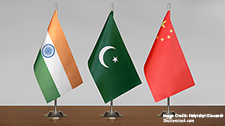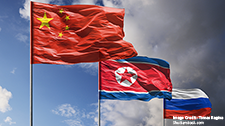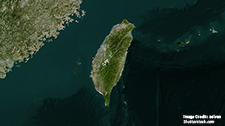Publications
The Institute for Security and Development Policy regularly issues a variety of publications ranging from shorter Policy Briefs to more comprehensive studies in its Asia and Silk Road Papers series. Explore the different series below. If you’d like to contribute to our publications, please contact Jagannath Panda, Editor, at jpanda@isdp.eu, and read our submission guidelines.
Filter by publication series:
All publication series
Filter by category:
All categories









